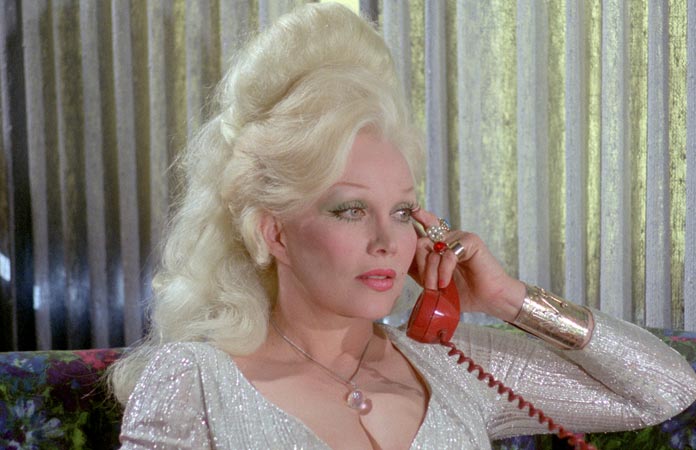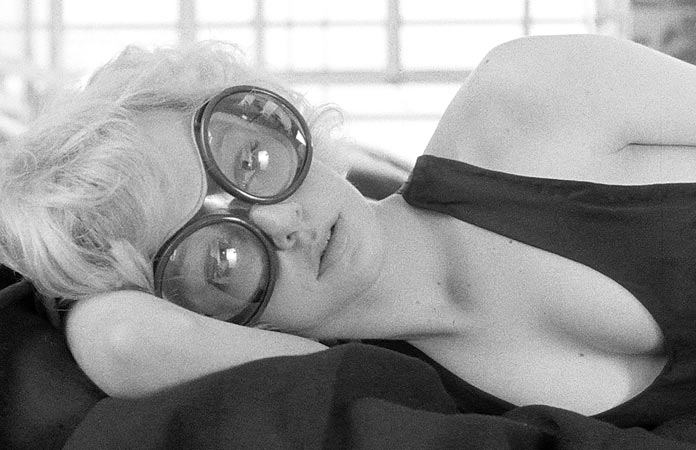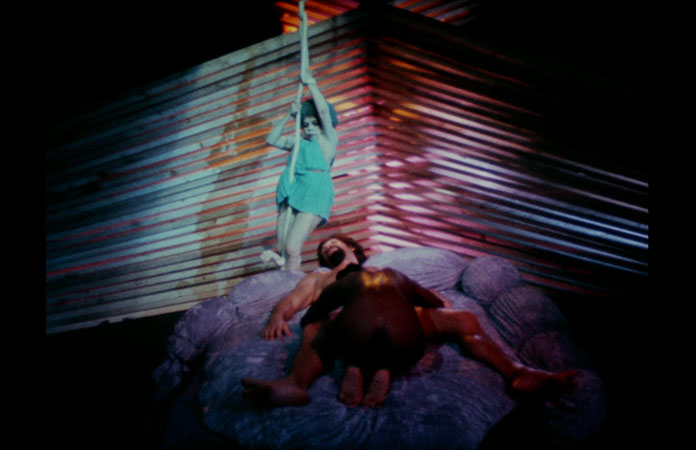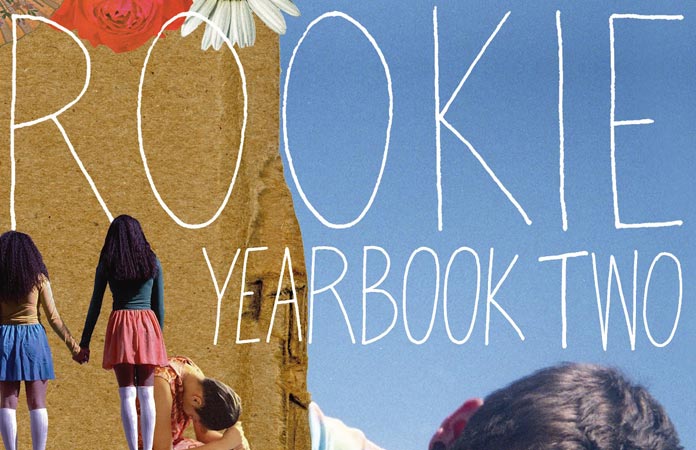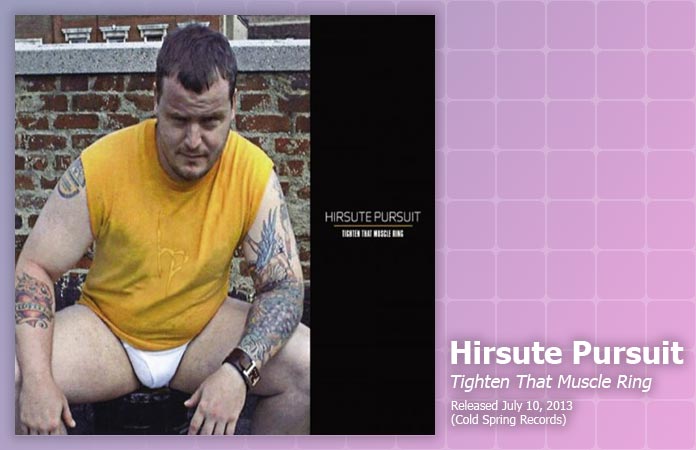The Boozer Reviewer: Marilyn And The Senator
Published on April 11th, 2014 in: Movie Reviews, Movies, Retrovirus, Reviews, Teh Sex, The Boozer Reviewer |Disclaimer: This review was written under the influence of alcohol. Mind the typos.
As you probably already know, I’m in love with Vinegar Syndrome. Their releases are phenomenal. Along with their genre releases, they specialize in vintage porn . . . a lot of vintage porn. I’ve watched a lot of films from their catalogue but I haven’t delved into their hardcore section because it isn’t my thing. I’m not denying that I watch porn because that would be a total lie. I do watch porn just like every other male and female. (Oh you know you do, shut up.)
Now I have never watched vintage porn from the ’60s and ’70s. I’ve seen short clips and whatnot but have never dived into it. However, I did tonight—right now, actually. I’m writing this review while I watch a vintage hardcore porno called Marilyn and the Senator with my second White Russian in front of me.
Blu-Ray Review: The Telephone Book
Published on April 4th, 2014 in: Blu-Ray, Comedy, DVD/Blu-Ray Reviews, Movie Reviews, Movies, Retrovirus, Reviews, Teh Sex |Back in the 1970s, films with gratuitous nudity were usually rated X during their initial release. Now, these types of films will, at most, be rated NC-17, but we don’t see that rating much these days. Vinegar Syndrome releases many films of this nature with an X rating but that doesn’t mean they’re hardcore pornography. Sure, Vinegar Syndrome does release some vintage hardcore features but they also dabble in the non-hardcore stuff as well. That is where The Telephone Book comes in.
DVD Review: Wakefield Poole’s Bible!
Published on February 7th, 2014 in: Art, Culture Shock, Current Faves, DVD, DVD/Blu-Ray Reviews, Movie Reviews, Movies, Retrovirus, Reviews, Teh Sex |When we see the rating X or XXX, what is the first thing that comes to mind? Hardcore porn? Or a film that has so much sexual content that it isn’t fit for an R rating? Sometimes neither of these things can be the case. Back in the 1960s and ’70s films that had sexual content were rated X because in that day and age it was considered too much. Those films are nothing compared to what we have today between porn and R-rated films that are deemed “extreme.”
Vinegar Syndrome is probably a name that you aren’t familiar with yet, but take note because these guys are true fans of vintage/art cinema. I was fortunate enough to watch one of their reissues, an X-rated film from 1974 called Bible! directed by Wakefield Poole. Just looking at the synopsis or reading about it you might think it’s a hardcore porno or maybe a sexplotation film. I’m here to tell you that it’s neither.
Book Review: Rookie Yearbook Two
Published on October 8th, 2013 in: Book Reviews, Books, Current Faves, Feminism, LGBTQ, Teh Sex |If ever there was a website that required a print counterpart, that website would be Rookie. The smart, bracingly honest site founded by wunderkind Tavi Gevinson has in part made its name on its gorgeous photography, endearing handwritten content, kaleidoscopic collages, and lovingly curated vintage images.
Holding Rookie Yearbook Two between the palms of your hands and idly flipping through its pages is a satisfying experience. The opening and closing papers contain autographs from some of Rookie’s bold-faced friends and contributors, like comedienne Julie Klausner, photographer Autumn de Wilde, and punk rock renaissance woman Carrie Brownstein; the book is printed on heavy matte-finish vellum paper, and the shifting, girly page backgrounds of quilts and textiles gives the book an inviting appearance. Tavi and her colleagues even included some pages to rip out, like a mini-tarot deck of photos from a photo shoot and a foldout of stickers for a build-your-own-shrine feature.
Writing this much about the appearance of a book—down to the card stock pages on which it was printed—might sound a note of foreboding that the images might outshine the words. Nothing could be further from the truth. Though Rookie’s graphic design, online and in print, will enchant readers, the content will engage them past the first glimmers of glamour.
Music Review: Hirsute Pursuit, Tighten That Muscle Ring
Published on June 29th, 2013 in: Current Faves, LGBTQ, Music, Music Reviews, Reviews, Teh Sex |By Ann Clarke
It’s been a while since I’ve written any reviews about anything, mainly because I can’t fucking stand new shit, because that is what it is—SHIT! However, sometimes you hear something and it compels you to expel your thoughts in a written context, basically excreting your reaction upon observation. In this particular case, that would be the album Tighten That Muscle Ring by Hirsute Pursuit. This might not be a brand new release (it came out in 2012, so it isn’t old, either), but it is new to my ears.
I wanted to publish this review during the month of June since it’s Pride Month and because I have NEVER heard anyone that is as proud to be gay as the fellas in Hirsute Pursuit! They take their pride to parts unknown. With the Supreme Court ruling on DOMA and Prop 8, the gay pride is at an all-time high, but for the two that are Hirsute Pursuit (Harley Phoenix and Bryin Dall), they clearly aren’t thinking about anything marital when composing their songs. In fact, these are the types of guys that would be out even if it meant the death penalty! Laws or not . . . these guys are going to cause some butt-hurt to someone!
Movie Review: Peaches Does Herself
Published on June 10th, 2013 in: Canadian Content, Current Faves, Feminism, LGBTQ, Movie Reviews, Movies, Music, Reviews, Teh Sex |You don’t need to know her music beforehand to “get” the new concert-cum-performance-art film from Peaches, but even fans will marvel at how accurately the songs in Peaches Does Herself tell the story, as if they were written expressly for the film. Furthermore, although the narrative is fairly simple, the concepts within it are complex, including sex, romance, gender, confusion, anger, and acceptance.
Waxing Nostalgic: The Pretenders, “Tattooed Love Boys”
Published on April 9th, 2013 in: Music, Teh Sex, Waxing Nostalgic |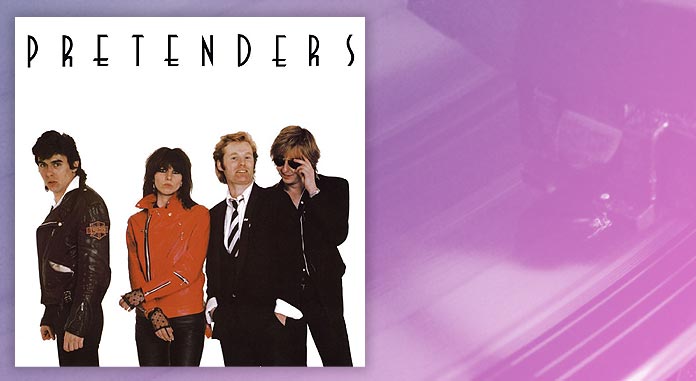
We have to talk about sex. I know this makes some folks uncomfortable. I’ll try to be gentle. However, if you are, or plan on, becoming a regular reader of this column (and golly, I hope you do), please realize this is going to happen once in a while. I write about music from the late Seventies and all throughout the Eighties. Those were formative years for me. Music is intertwined with those emotions and those memories. I would be surprised if the same were not true for you (and golly, I hope it is).
For instance: in the year 1980, I was eleven. Sweet, innocent, a little on the chubby side and completely unprepared for what was going to happen when she walked into my life. This woman would both destroy me and make me feel alive. She made me feel things . . . all the things. I had to look up words and ask other people—older people—what her phrases meant.
I’m talking about Chrissie Hynde.
Movie Review: The Sessions
Published on January 31st, 2013 in: Current Faves, Movie Reviews, Movies, Teh Sex |By Maureen

TM and © Twentieth Century Fox Film Corporation. All Rights Reserved.
I knew very little about The Sessions going into it. I knew that it was about a man suffering from polio (John Hawkes) who hires a woman to have sex with him. That was enough to pique my curiosity, and so I watched it.
The Sessions is based on the life of a real-life man, Mark O’Brien, who contracted polio at a young age and has to spend all but about four hours per day inside an iron lung to keep him breathing. Even when outside this device, he is required to remain flat on his back on a gurney with portable oxygen.
He manages to work his way through an English degree at Berkeley, and when the story picks up in 1988, he is 38 years old and working from home as a poet and occasional journalist. He’s contacted about a news story about sex and the disabled, and his quest for professional research opens a world of personal doors and discoveries for him.
Blu-Ray Review: Lost Girl, Season 2
Published on January 8th, 2013 in: Canadian Content, Current Faves, DVD/Blu-Ray Reviews, Feminism, Horror, Reviews, Science Fiction, Teh Sex, TV |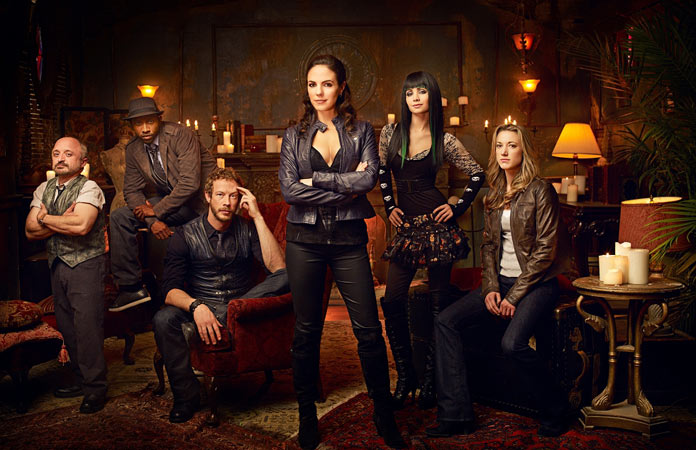
As much as I love genre fiction, I’ll admit that most mainstream genre movies and TV shows are fairly sexist. Even if they don’t obviously reinforce stereotypes or display misogynist behavior, the violence enacted against women is often in higher proportion to what their male counterparts must endure. Enter Lost Girl, a Canadian-produced TV show whose title might seem to indicate more of the same, but which is a delightful and welcome entry into the world of genre television.
Lost Girl was created by a woman (Michelle Lovretta) and many of the episodes are written and directed by women. In addition, the gender makeup of the principal cast is half female and half male. The main character, Bo (Anna Silk) is a succubus who is trying to find her way in the world of the Fae (also known as fairy folk) while not committing to either the Light Fae or Dark Fae.
Sex, Violence, and Horror: Are We Short-Charging The Teens?
Published on June 25th, 2012 in: Horror, Movies, Over the Gadfly's Nest, Teh Sex |By Charlie M.
They say you always remember your first.
I certainly do.
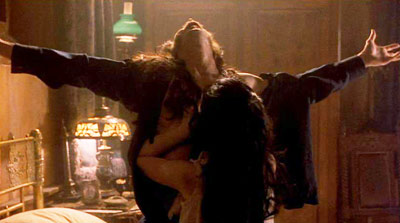
Bram Stoker’s Dracula, 1992
I mean (of course) the first adult-rated film a person watches, be it at home, creeping downstairs to the TV, at a friend’s house with a DVD purloined from an older sibling, or even sneaking into a dark cinema when you’re under the age of 18. In my case, it was Bram Stoker’s Dracula, or, as the movie moguls described it, Francis Ford Coppola’s Dracula. Or, as in my underage head, Gary Oldman’s Dracula. Who knows what it is about teenage girls and their erotic fascination with vampires? It’s an equation where even the innuendos have been bled dry (apologies).
(more…)
